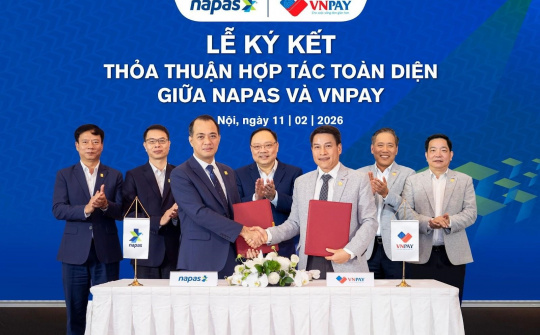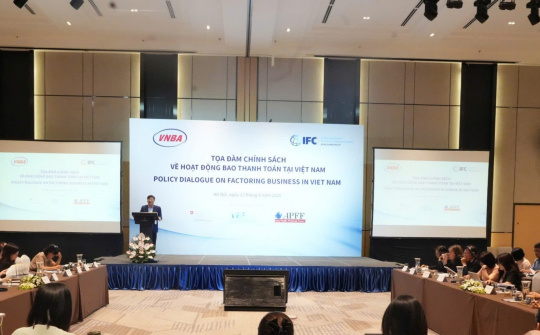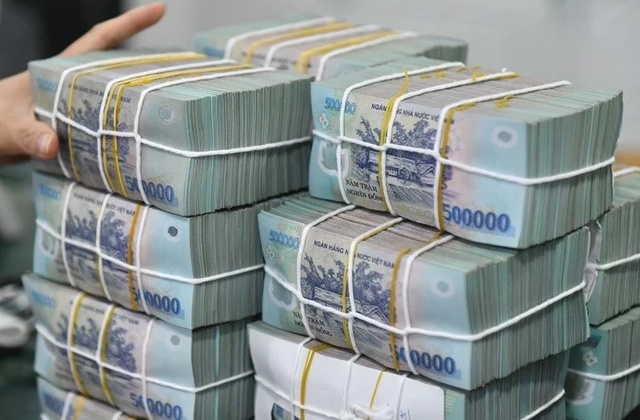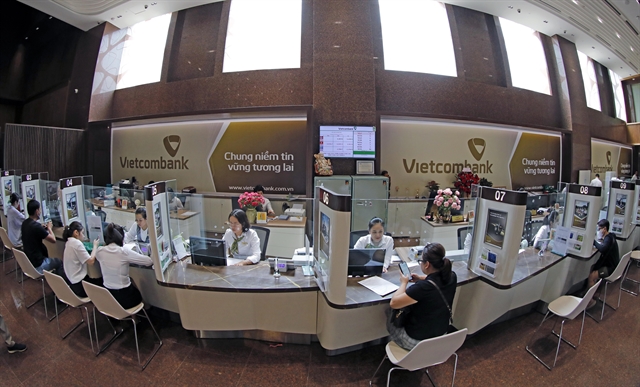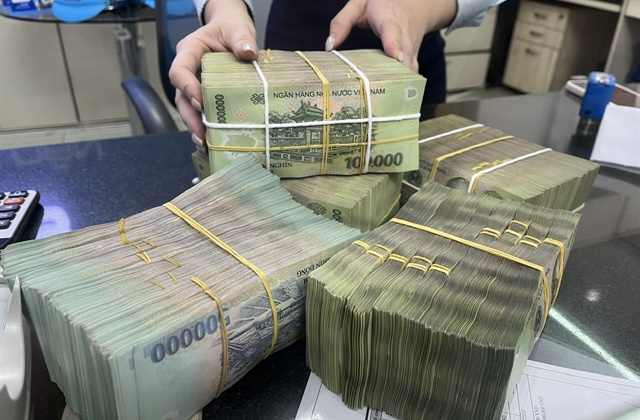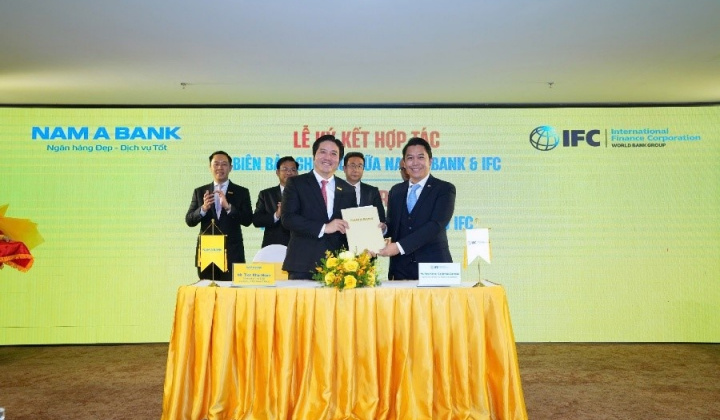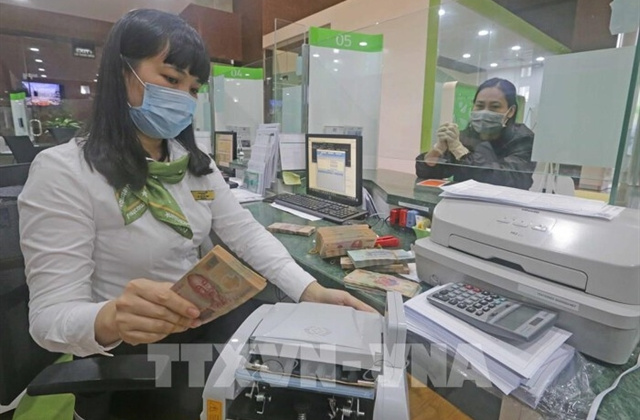The Ministry of Finance (MoF) is finalising a draft resolution on a pilot for issuing and trading cryptocurrency, with attention paid to tax obligations of traders. This is deemed an important step to bring the digital financial sector into a legal framework, both meeting development trends and ensuring budget revenues.
An MoF document said this would not only be a legal environment for innovation, but also an opportunity for local authorities to test effective tax collection methods.

“The pilot will be implemented on a small scale, with close supervision from the state management agency to assess the possibility of applying VAT, corporate income tax (CIT), and personal income tax (PIT) to crypto-asset transactions,” the document said. “The market is expanding rapidly, but most transactions are currently not taxed. The pilot will allow local authorities to study how to determine income from crypto-assets, thereby building transparent regulations, avoiding budget losses, and protecting investors’ rights.”
Currently, Vietnamese laws have basic regulations for all business activities, including VAT on goods and services, CIT and PIT. However, there is no regulation or definition of crypto-assets as goods, securities or a specific type of asset, meaning it is difficult to classify and apply taxes.
The MoF proposed that during the pilot period, crypto-asset exchanges need to coordinate with the local authorities to record transaction information as a basis for declaration and payment.
A new point in the draft is a digital-based crypto-asset transaction tracking system, which will track individuals and organisations with income from such assets, and detect tax evasion or use for money laundering. This aims to ensure that when the market is officially recognised, tax policies will be applied synchronously.
The MoF also emphasised that taxing crypto-assets is not only to increase budget revenue, but also to contribute to a transparent financial market. If such assets are recognised by laws as a legal asset for trading, buying, and selling, all parties must fulfill their corresponding obligations.
“During the pilot phase, we will test different rates to find the optimal solution, both encouraging market development and not putting too much pressure on participants,” said the MoF official.
To support taxation, the ministry will suggest the issuance of temporary guidance on how to calculate taxes on crypto-assets, including losses from transactions. This will be the basis for local authorities to implement tax collection during the pilot period, as well as collect opinions from businesses and individuals to improve long-term policies.
Can Van Luc, chief economist of BIDV, said that about 21 million investors are participating in the crypto-asset market.
“Vietnam needs to soon manage this type of asset, including cryptocurrency. A testing period should be carried out first, then preliminary assessment, before deciding whether to expand or narrow down,” Luc said. “The government should soon issue a sandbox for fintech in the banking sector, securities, insurance, and investment funds to both promote development and control risks.”
Other countries in Asia have been taking a similar path. Japan’s cryptocurrency system is one of the strictest in the world, with a maximum tax rate of up to 55 per cent, which is significantly higher than the rate applied to stocks and other traditional assets. This manages offsetting losses and does not allow for moving losses to future tax years.
Cryptocurrencies in this country are considered miscellaneous income and are subject to income tax at 15-55 per cent. Besides this, Japanese residents are also subject to an additional 10 per cent of inhabitant tax.
When earning, investors must declare their income based on the fair market value of the cryptocurrency at the time of receipt. Such earning activities include mining, staking, airdrops, and referral bonuses.
In Japan, losses from cryptocurrencies can be offset against gains and other income in the same tax year. However, these losses cannot be offset against gains from stocks and other employment income. Since 2021, digital asset exchanges have been required to file reports for crypto derivatives transactions to the local authorities.




